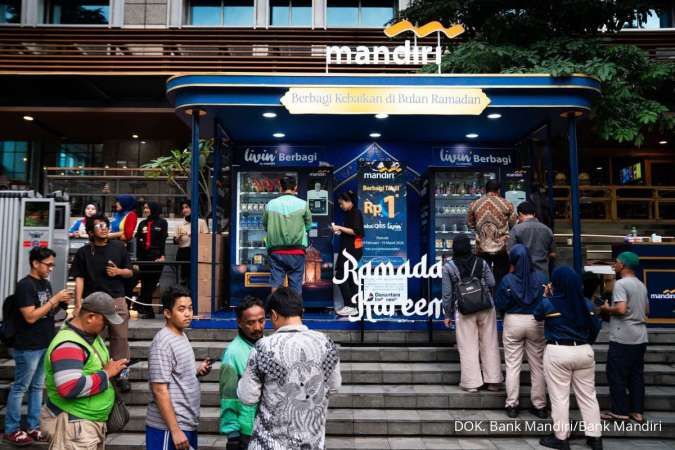KONTAN.CO.ID - DUBAI. Saudi Arabia's economy grew by a weaker-than-expected 0.3% in 2019 as the oil sector contracted sharply, official data showed on Sunday, although the non-oil sector accelerated. Saudi Arabia, the world's biggest oil exporter, wants to boost the private sector and diversify its economy away from oil, but sliding oil prices and crude output cuts agreed with OPEC allies continue to weigh on its overall growth. Real economic growth in the non-oil sector increased by 3.3% last year, according to data from the General Authority for Statistics, the strongest growth since 2014.
Overall GDP growth was below an official forecast of 0.9% and the oil sector shrank by 3.6%, marking the Saudi economy's worst performance since it contracted in 2017. Expansion of the non-oil sector was mainly driven by growth in the private sector, which amounted to 3.8%, said the statistics authority. "Non-oil activities continued to strengthen supported by high investment activity," said Monica Malik, chief economist at Abu Dhabi Commercial Bank.
Read Also: Gatherings banned, travel restricted as coronavirus cases grow worldwide In 2019, financial, insurance and business services, as well as retail trade and restaurants and hotels, were among the activities that saw the strongest growth - reflecting the government's investment drive into areas such as tourism and entertainment. The energy and manufacturing sectors shrank. Saudi exports fell by 10.4% year on year, because of a 14% drop in oil exports, the data showed. Saudi Arabia's central bank governor, Ahmed al-Kholifey, said last month the non-oil sector will support overall economic growth in 2020, despite a challenging economic backdrop, further weakened by the global spread of the coronavirus. Last week, Saudi Arabia - which has not reported any cases of the new virus - closed its borders to foreign "umrah" pilgrims and to tourists from at least 25 countries where the new coronavirus has been found.
Pilgrimage is an important revenue source for the kingdom, which has Islam’s two holiest sites in Mecca and Medina, and is the backbone of plans to expand visitor numbers under Crown Prince Mohammed bin Salman’s ambitious economic reform agenda.
Read Also: Saudi Arabia suspends entry for Umrah pilgrims, tourists amid coronavirus Jason Tuvey, senior emerging markets economist at Capital Economics, said the effects on the Saudi economy of the travel restrictions could be "substantial," with the tourism sector accounting for 10% of Saudi gross domestic product, according to the World Travel and Tourism Council. "The hit to the economy from these travel restrictions, combined with the lingering threat of fresh oil output cuts, means that the risks to our forecasts lie firmly to the downside,” he said.

